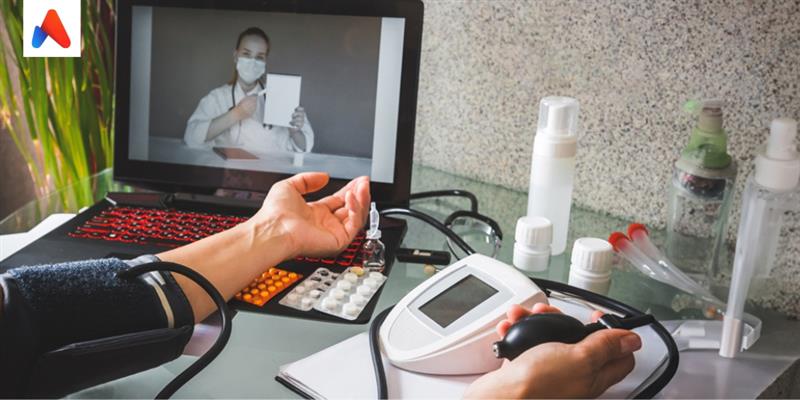Healthcare organizations are reevaluating their approach to connecting with patients, members, and providers. The days when a contact center relied solely on phone calls are gone. Today’s healthcare consumers expect communication that’s easy, convenient, and personalized across every channel they use. That’s where an omnichannel contact strategy becomes essential.
The Shift from Voice-Only to Omnichannel Care Communication
Voice remains critical in healthcare, especially for complex or sensitive issues. But modern patients want more flexibility. They prefer to engage through digital channels—SMS, chat, email, portals, and even social platforms.
According to a 2024 Accenture survey, 70% of patients expect their healthcare provider to offer multiple communication options beyond phone calls.
An omnichannel approach enables providers and payers to meet people where they are, creating a smoother, more integrated experience across the care journey.
Why Omnichannel Matters in Healthcare Interactions
Unlike retail or banking, healthcare interactions are deeply personal and regulated. Patients share sensitive information, discuss treatment plans, and navigate complex benefits. Each interaction must balance privacy, empathy, and compliance.
An omnichannel healthcare contact strategy supports that balance by:
- Offering secure, HIPAA-compliant communication channels.
- Reducing friction for members managing billing or benefits questions.
- Enabling consistent, real-time data sharing across systems.
- Providing proactive reminders for appointments, refills, and preventive care.
The result is a unified experience that improves outcomes and strengthens trust.
Omnichannel in Action: Real-World Scenarios
- Appointment Coordination: A patient schedules a visit online, receives a text confirmation, and gets a phone follow-up for pre-visit screening—all managed through one unified system.
- Member Enrollment: Payers send secure digital forms and follow up via chat or SMS, reducing turnaround time while maintaining data integrity.
- Prescription Management: Automated reminders through SMS or app notifications ensure medication adherence without additional staff workload.
Each use case improves accessibility and satisfaction while reducing administrative strain.
The Role of Data and Integration
An effective omnichannel strategy depends on connected data systems. CRMs, EHRs, and engagement platforms must integrate seamlessly to maintain a single view of the member or patient. This allows representatives to see previous interactions, anticipate needs, and personalize communication.
For example, when a patient transitions from hospital discharge to home care, every channel—from call to portal message—should reflect the same information and follow-up plan. That continuity prevents duplication and supports better health outcomes.
Balancing Technology with the Human Element
Even with automation and AI, the human connection remains at the heart of healthcare service. Omnichannel doesn’t replace empathy—it amplifies it. By giving patients more options, it frees contact center agents to focus on the moments that matter most, like clinical coordination or emotional reassurance.
Organizations using omnichannel solutions effectively report higher first-contact resolution rates, faster response times, and stronger patient engagement. The combination of digital efficiency and human care creates a measurable advantage in satisfaction and loyalty.
Implementing an Omnichannel Contact Strategy
Building an omnichannel healthcare communication model requires more than adding new channels. It involves:
- Channel Integration: Ensure that chat, email, SMS, and voice systems share data in real time.
- Compliance and Security: Verify HIPAA adherence and data encryption across every touchpoint.
- Training and Empowerment: Equip agents with tools and context to manage interactions across all channels.
- Analytics and Insights: Use performance metrics to improve service quality and identify bottlenecks.
By aligning technology, process, and people, healthcare organizations can transform patient and member engagement.
Partnering with Ameridial for Omnichannel Healthcare Engagement
Ameridial, specializes in delivering omnichannel healthcare contact center solutions for payers, providers, and telehealth organizations. With HIPAA-compliant infrastructure, multilingual agents, and advanced digital tools, Ameridial helps healthcare organizations deliver better experiences across every channel.
Why healthcare leaders choose Ameridial:
- Integrated voice, chat, email, and SMS platforms.
- HIPAA-certified, multilingual contact center agents.
- Scalable support for enrollment, scheduling, and care coordination.
- Data-driven insights that enhance quality and compliance.
Partner with Ameridial to move beyond voice—and deliver connected, compliant, and compassionate healthcare interactions.











